Description
Product Description
‘Vata’ is the dosha that drives the life force. In its balanced state, it regulates metabolism and maintains homeostasis. ‘Apana’, the branch of Vata that governs excretory functions, is upset by faulty diets and lifestyle.
In the gut and bowel, derangement of Vata leads to loss of appetite, flatulence, incompetent digestion and assimilation of nutrients, hemorrhoids, colic, inflammatory changes, constipation, sprue and loss of function.
Renal health and fluid drainage from the body is also affected. Veeratharadi Kashayam is a traditional recipe with specific action in pacifying Vata aggravation in the gut, bowel and pelvic region. It is used to support the treatment of colitis, sprue, irritable bowel, constipation, dysuria, urinary calculi etc.
Features and benefits of Veeratharadi Kashayam –
- Veeratharadi Kashayam is a Vata-pacifying combination of Vellantara (Dichrostachys cinerea), Aranika (Premna serratifolia), Vrusha (Adathoda vasica), Gokantaka (Tribulus terrestrius), Sahachara (Nilgirianthus ciliatus), Kasa (Saccharum spontaneum), Morata (Chonemorpha fragrans), Partha (Terminalia arjuna) etc.
- It streamlines the flow of ‘Vata dosha’ through the body. Balances the five branches of Vata or ‘Panchavayu’ that govern all the metabolic functions in the body. Rectifies metabolic defects.
- ‘Samana’ Vata modulates the functions of the gut. Its derangement leads to loss of appetite, indigestion, colic, acid reflux etc. The food ingested is not digested or absorbed properly.
- The Veeratharadi Kashayam formulation helps in restoring health, motility and function to the gut. It stimulates the process of digestion, secretion of digestive juices and assimilation.
- ‘Apana’ governs the excretory functions in the body. Veeratharadi Kashayam improves the functioning of pelvic organs, including excretory and reproductive functions.
- It is a good remedy for managing dysuria and urinary calculi. It improves renal health and fluid drainage throughout the body.
- It softens bowels and encourages motility. Relieves constipation.
Dosage & Directions for Use
Adult: 15-20 ml of Veeratharadi Kashayam mixed with 45-60 ml of boiled and cooled water, twice daily on an empty stomach.
Child: 10-15 ml of Veeratharadi Kashayam mixed with 30-45 ml of boiled and cooled water, twice daily on an empty stomach.
Suitable for all ages, in Physician recommended doses.
Key Ingredients:
VEERATARU (Dichrostachys cinerea )
It is effective in various conditions of Mootravaha Srotodushti such as Mootrakruchchhra (Dysuria), Mootraghata (Anuria), Ashmari (Urinary calculi), Sharkara (Concretions) etc., by various Acharyas. Mootrakruchchhra (Dysuria) is a disease of Basti (Bladder). It comes under Mootraapravruttijanyavyadhi, where Kruchchhrata (Shoola -Pain and Daha-Burning) during mootra pravrutti is the chief symptom.
ARANIKA (Premna serratifolia)
Plant root of arni is anti-inflammatory, stomachic, and anti-pyretic, and is prescribed in liver complaints, cold, obstinate fevers, flatulence, urticaria, rheumatism, and neuralgia. The roots of the plant are constituent of Ayurvedic medicine ‘Dashamula’ and used for a various ailments.
VASAKA (Adathoda vasika)
Vasaka herb is used for treating cold, cough, chronic bronchitis and asthma. In acute stages of bronchitis, Vasaka gives unfailing relief, especially where the sputum is thick and sticky. It liquefies the sputum so that it is brought up more easily. For relief in asthma, the dried leaves should be smoked. The juice from its leaves should be given in doses of 2 to 4 grams in treating diarrhea and dysentery.
ASHMABHEDA (Rotula aquatic)
It is used in traditional medicine for kidney and bladder stones, the root of the plant tubers are useful in treating coughs, fever, poisonings heart diseases, blood disorders, ulcers.
SAHACHARA (Nilgirianthus ciliatus)
It is widely used in South India in various preparations and is considered as an important Vatahara drug. Used in the treatment of Vata disorders, leprosy, to control blood sugar, urinal problems, jaundice, excess menses etc.
SHYONAKA (Oroxylum indicum)
Commonly known as Indian caper, it is one among the Dashamoolas. It is anti inflammatory and analgesic in nature. Effective in dysentery and diarrhea.
ARJUNA (Terminalia arjuna)
Arjuna extracts have been widely used in Ayurvedic medicine. The bark of the tree has been used for several centuries for treating cardiovascular ailments. It has a host of other therapeutic benefits including treating asthma, hypertension and kidney stones. Arjuna, a deciduous tree native to India, can grow up to a height of 27 meters. The tree is also found in Myanmar and Sri Lanka.
Speciality: 100% Natural. Purely Herbal. Vegetarian.


 Sign In
Sign In Cart
Cart 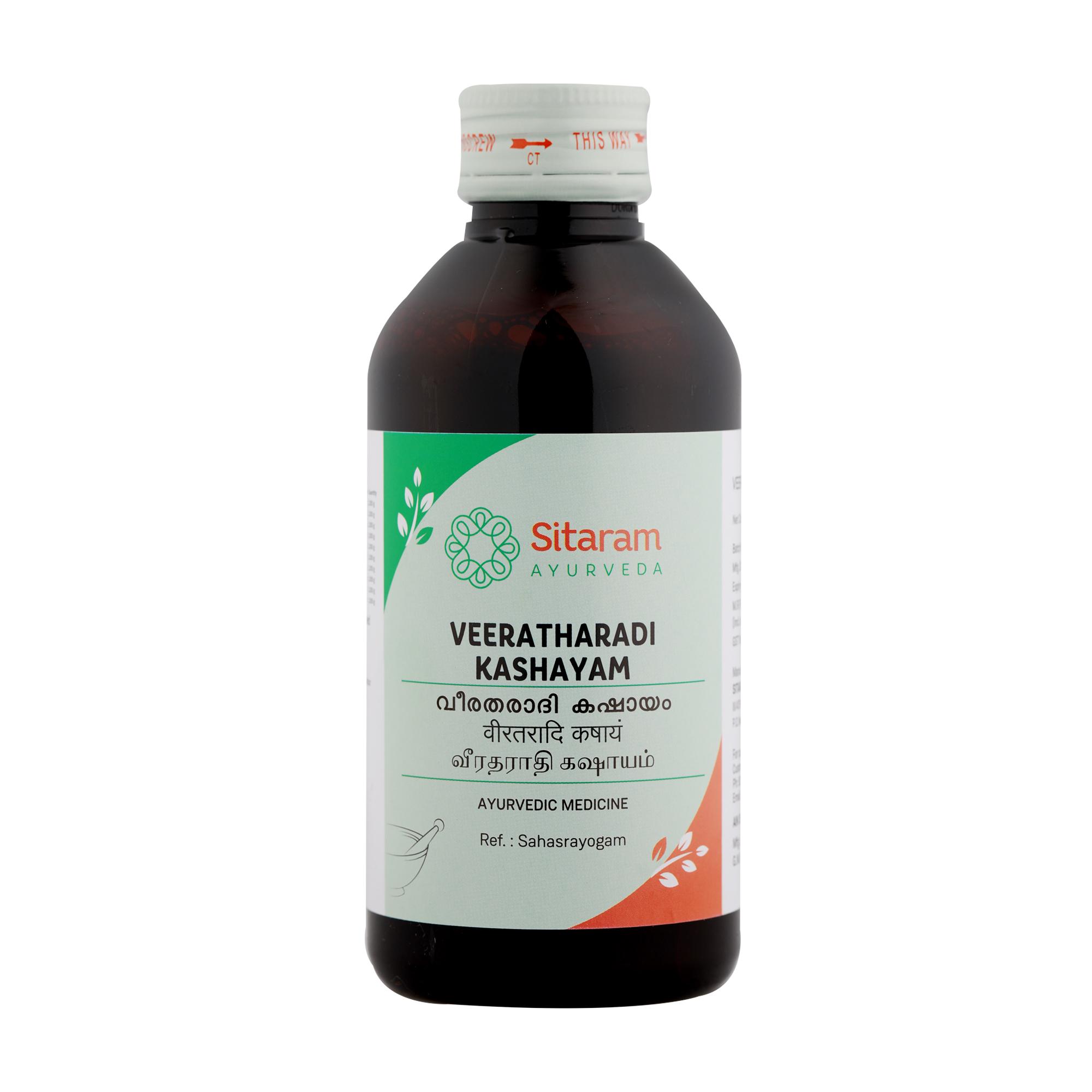
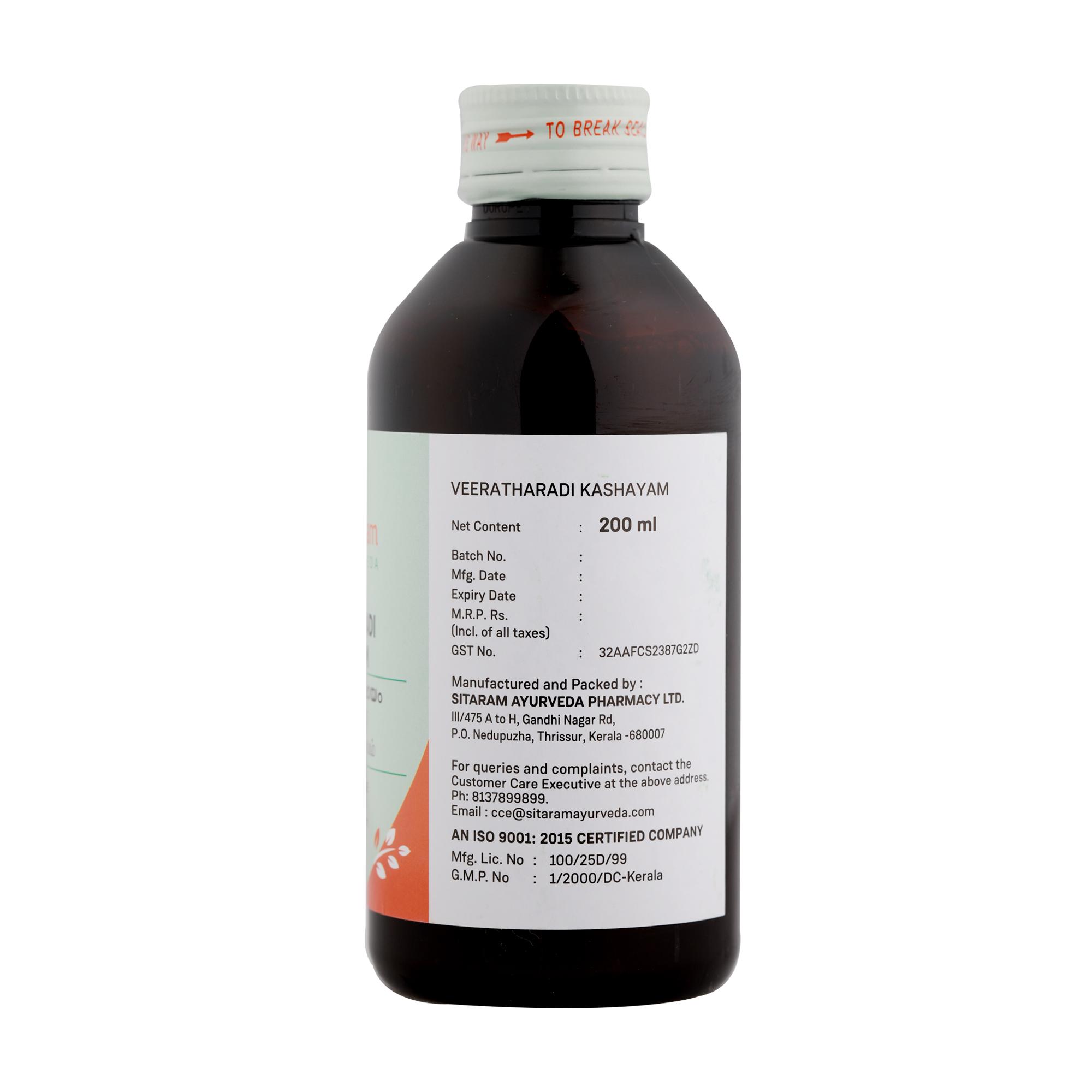
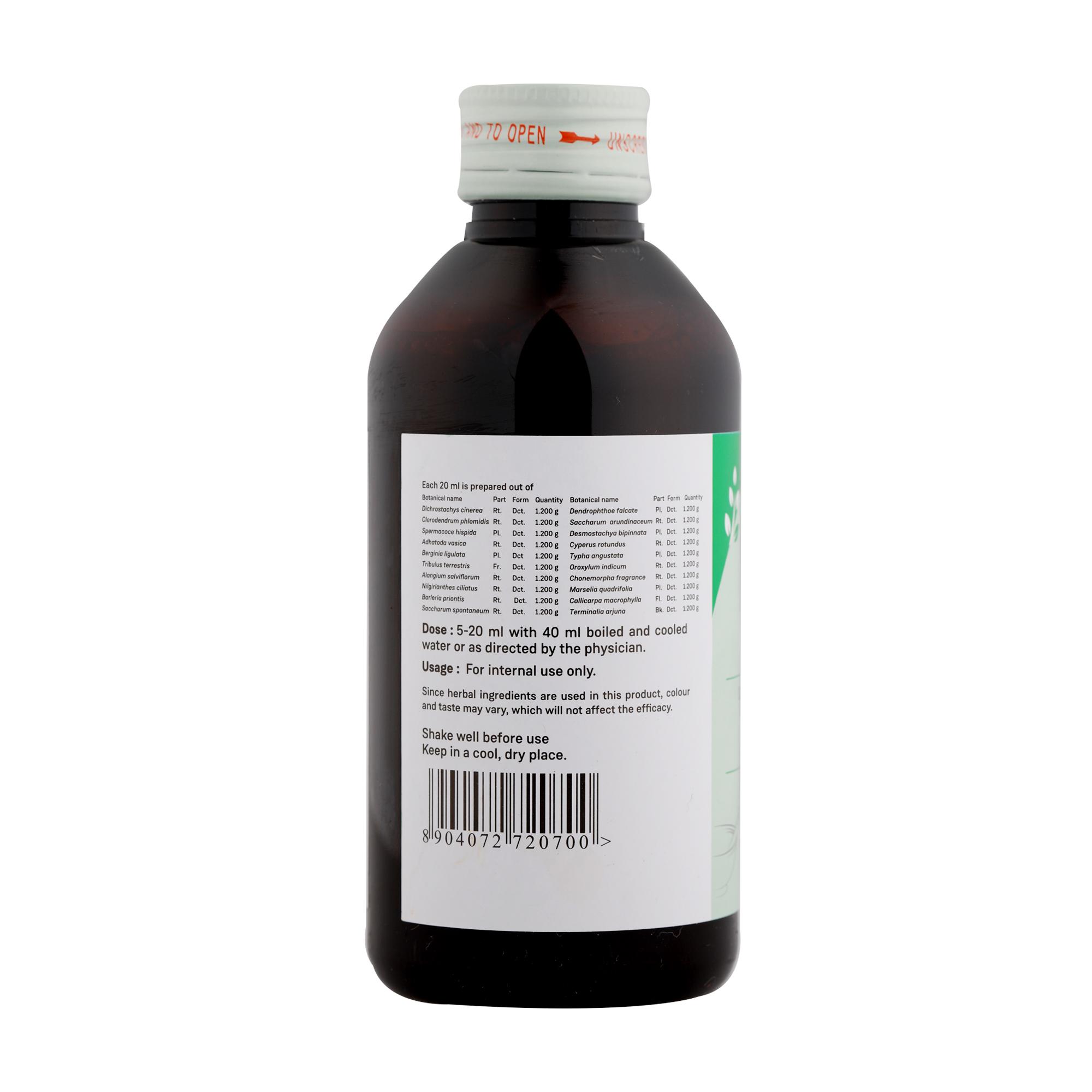
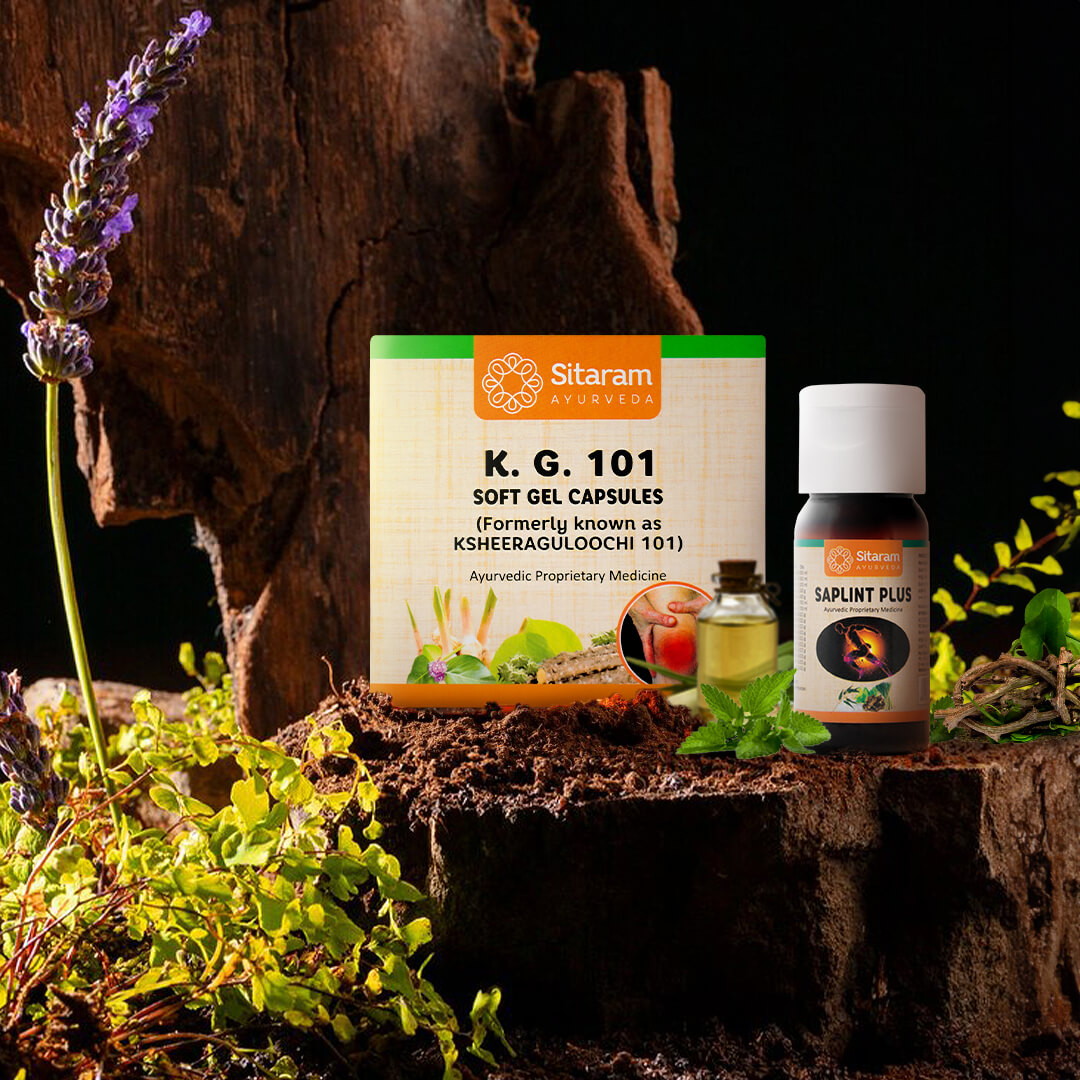
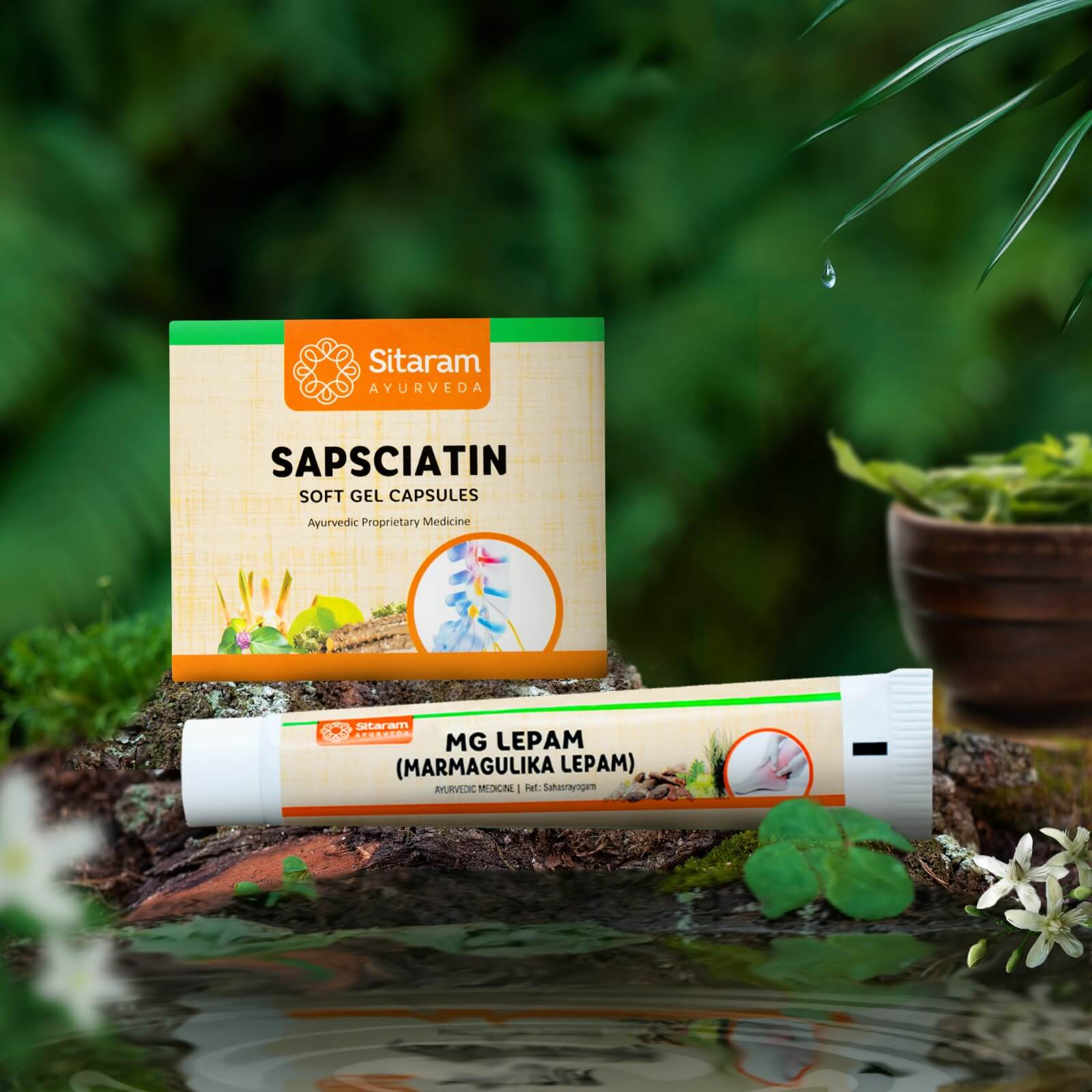
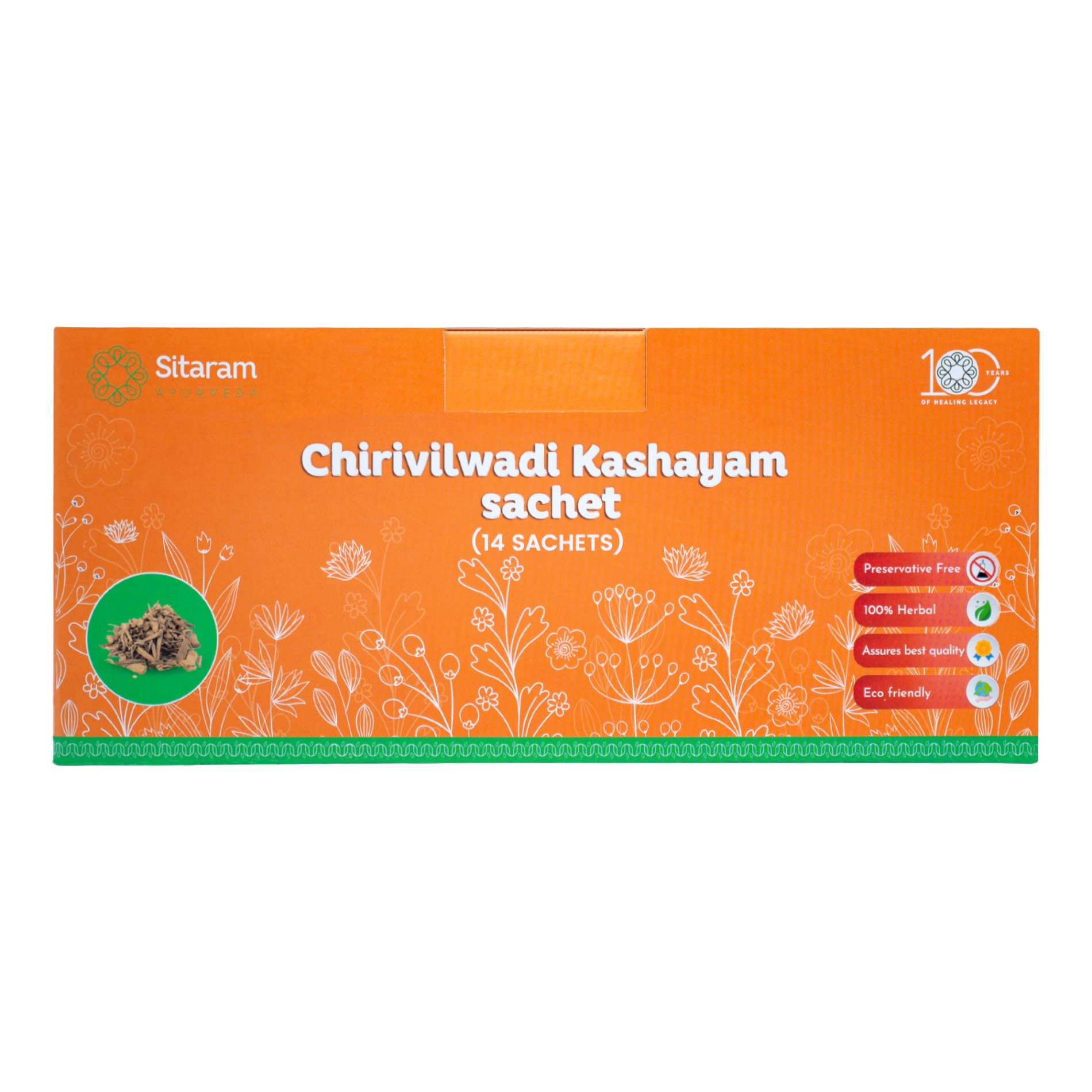
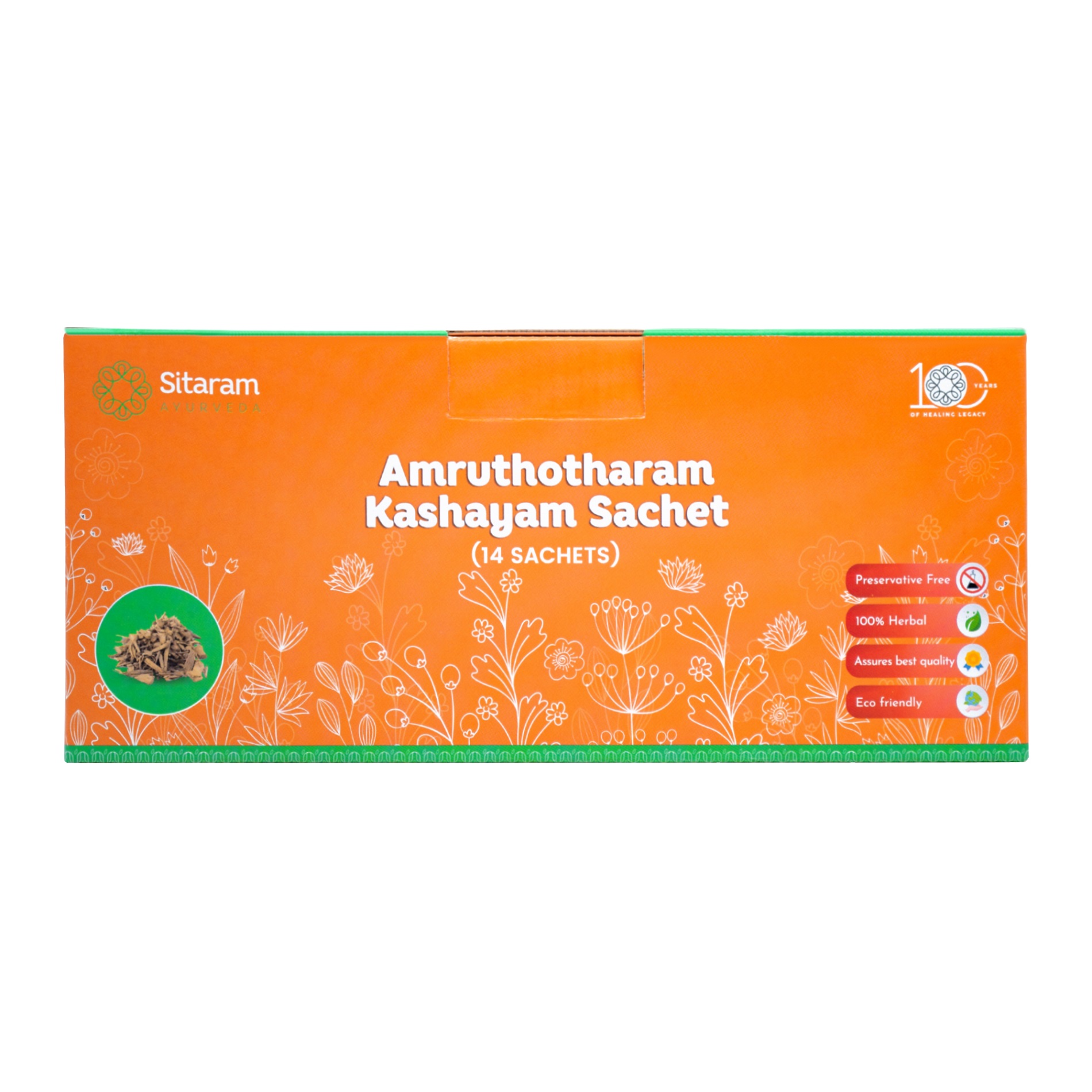
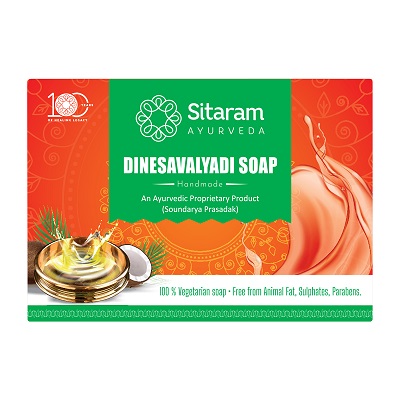
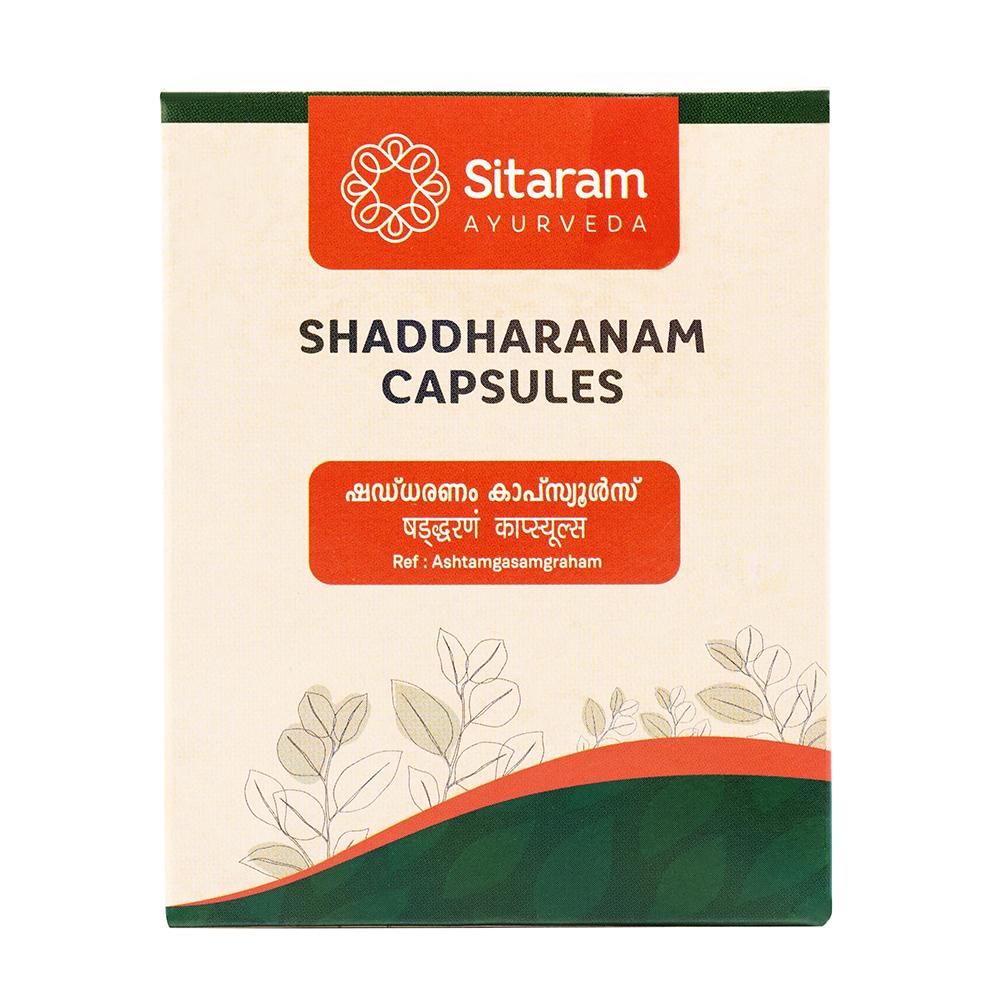
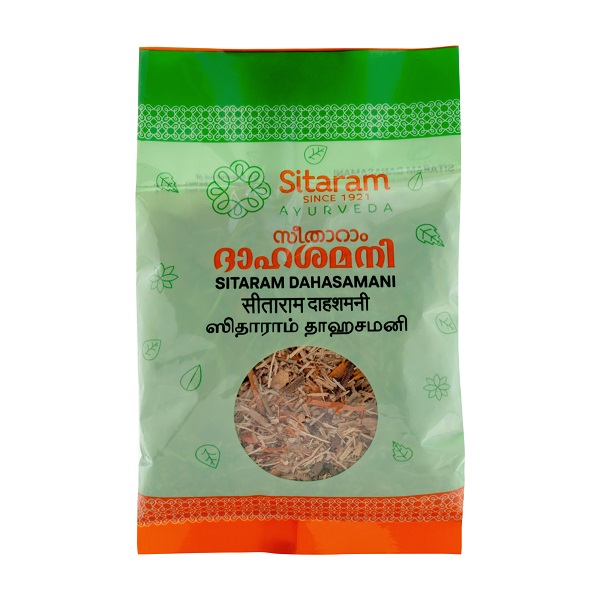
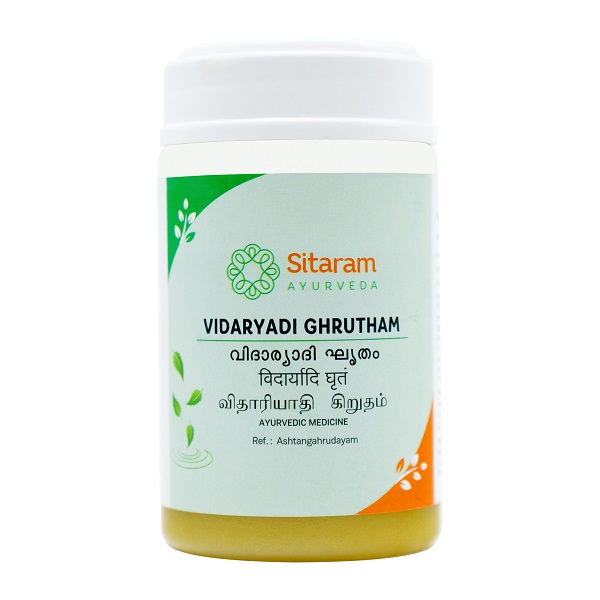
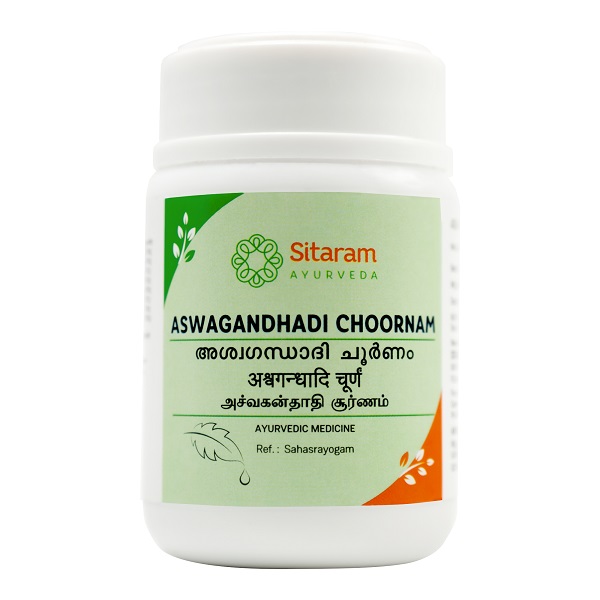
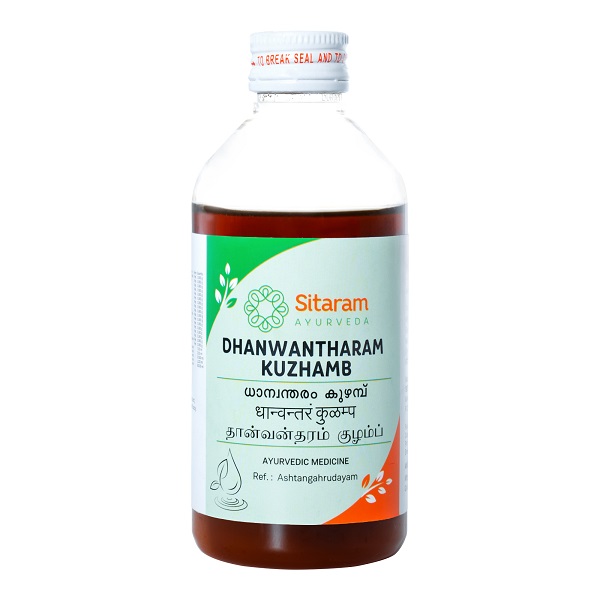
Sashant Jha (verified owner) –